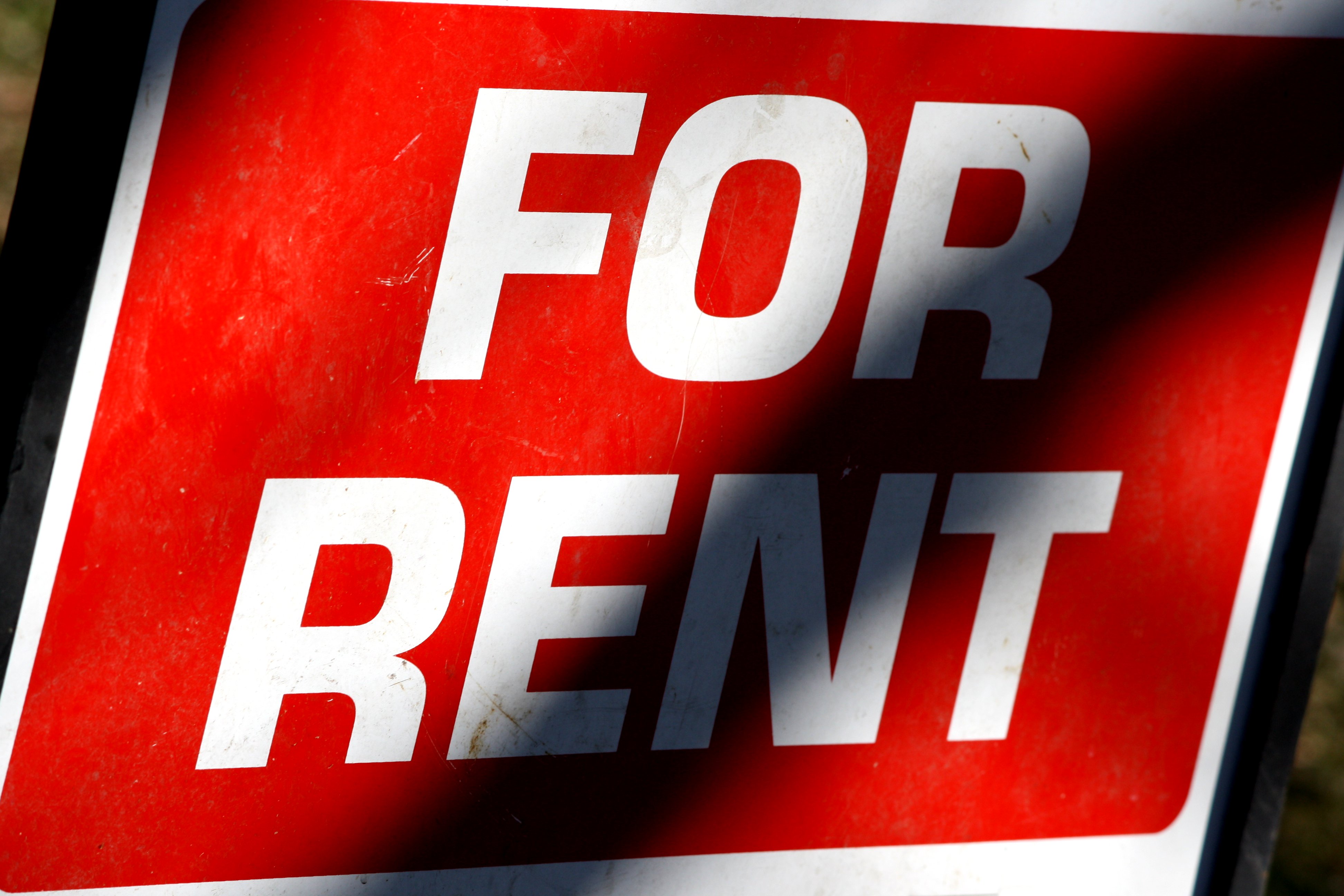Aftermath of the Recession in NJ: Retail Real Estate is a Tenant’s Market
May 13, 2013
 A decade ago, nearly all retail real estate properties in New Jersey were full. If a property became available, it didn’t remain so for long. The market heavily favored landlords and rental prices reflected that. According to the New Jersey Star-Ledger, the New Jersey landscape in the years after the “Great Recession” is markedly different. The newspaper reports that, “for the time being, it’s a tenant’s market.”
A decade ago, nearly all retail real estate properties in New Jersey were full. If a property became available, it didn’t remain so for long. The market heavily favored landlords and rental prices reflected that. According to the New Jersey Star-Ledger, the New Jersey landscape in the years after the “Great Recession” is markedly different. The newspaper reports that, “for the time being, it’s a tenant’s market.”
In 2002, roughly 98 percent of storefronts in central and northern New Jersey had occupants. When one tenant exited a property, the landlord quickly filled the space with a new one. With space availability extremely limited, rents were commensurately high. By the middle of the decade, however, the earliest signs of the faltering economy began to appear. A lease renewal study completed by CoStar Group showed that the number of 10-year lease renewals began faltering dramatically, and one-year renewals similarly skyrocketed, starting around 2005. By the end of 2006, the vacancy rate had nearly quadrupled to 7.6 percent.
In the first quarter of 2013, the vacancy rate dipped to 6.6 percent. According to Marta Villa, president of commercial real estate firm, one reason for the improved occupancy rate is the increasing amounts of creativity and open-mindedness by landlords. Landlords are “more receptive to filling space with nontraditional uses, like fitness centers, or day care or medical centers,” Villa told the Star-Ledger. Gyms and “quick-serve” restaurants like Smashburger and Chipotle were among the primary tenants on the rise, Villa stated.
Additionally, so-called “junior anchor” stores, like TJ Maxx, have grown more quickly in the aftermath than the more traditional “big box” stores. “We’re seeing the average store sizes shrinking,” reported Ryan McCullough, a vice president at CoStar. Additionally, store chains are becoming leaner and meaner. Stores are “getting more efficient. They’re cutting products that are less profitable.”
Matt Harding, president at Levin Management, opined that the recession taught commercial landlords a valuable lesson. Landlords learned that “tenant retention is important, and building a strong property so tenants will want to stay is critical.”
Some tenants, and even some landlords, though, have set out for greener pastures. A $100 million development in Bethlehem Township, Pa., Madison Farms, will feature 750 homes and 200,000 square feet of commercial space. Bridgewater, N.J.’s Kushner Real Estate is developing the property. “We’re running out of tenants in New Jersey because they’re all coming here,” Jeffrey Persky, executive vice president of Kushner, told Lehigh Valley Business.
As the business climate throughout the northeast continues to improve in the wake of the recession, opportunities will continue to emerge for wise businessmen and women, both on the landlord and tenant sides, to take advantage of opportunities that emerge. As a landlord or a retail venture, though, one essential key to success is ensuring that you understand the terms of the lease agreement you sign, and that you negotiate the most favorable terms possible. To help you in this process, you can rely on the determined real estate attorneys at Samuel C. Berger, P.C. To consult our attorneys about your commercial lease, contact us online or call (201) 587-1500 or (212) 380-8117.
Blog Posts:
Increasing Efficiency and Reducing Stress in Your Small Business, New York & New Jersey Business Lawyer Blog, March 28, 2013
Business Owners Contemplate Alternate Corporate Structures to Lessen Tax Liabilities, New York & New Jersey CPA Tax Lawyer Blog, Feb. 22, 2013
Three Issues to Consider When Buying a New York or New Jersey Business, New York & New Jersey Business Lawyer Blog, Sept. 14, 2012
 Hackensack, New Jersey Retail Real Estate Lawyer Samuel C Berger, PC Home
Hackensack, New Jersey Retail Real Estate Lawyer Samuel C Berger, PC Home



